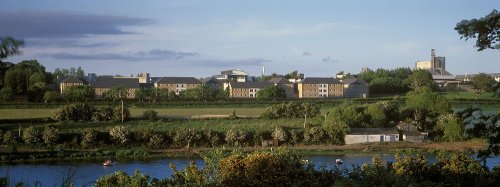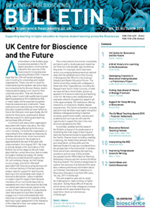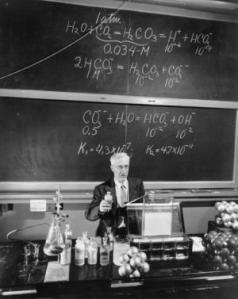Today I will be at the University of Ulster’s Centre for Higher Education Practice (CHEP) second “Festival of Innovative Practice”. The event website states the following:
“The purpose of this event is to showcase and celebrate the wide range of innovative work undertaken by funded CHEP and TFL projects during 2010-2011, and some ongoing work from projects funded in previous years. In addition, and importantly, it aims to allow all participants to share and learn from each other’s practice.
The Festival will be opened by the Vice Chancellor and will include a keynote address by the Centre’s Visiting Professor, David Boud, on the importance of the Scholarship of Teaching and Learning. The day provides an opportunity to hear snapshot presentations of the outcomes and progress of a number of CHEP Development Fund and Technology Facilitated Learning projects. Project posters and stands will also be available to view in an interactive exhibition hall. The range of topics will include:
- technology-enhanced learning
- creative approaches to teaching and learning
- curricula developments
- pedagogic research
- assessment and feedback
After lunch, Dr David Adams, Director, UK Centre for Bioscience, HEA will facilitate an interactive workshop on Creativity and Innovation.”
I will be chairing one of the parallel sessions but also in my role as rep for the UK Centre for Bioscience I will be “manning” a stand with useful materials from the Centre.
As time permits I will also post a few tweets using the #CHEP11 hashtag.
The programme for the day, as taken from the Festival website, is included below.
Centre for Higher Education Practice
“Festival of Innovative Practice”
June 16th 2011, Jordanstown Campus (21C05)
Draft programme
09.15 – Tea/Coffee and Registration
Photographs of Student Competition Winners
09.45 – Welcome and Introduction – Vice Chancellor
“What Makes a Class Un-Missable?” Presentation to Student Competition Winners –
PG winner: Eoin Costello, Ulster Business School, Business Development and Innovation;
UG winner: Amy McCabe, Life and Health Sciences, Dietetics;
UG runner up: Christopher McAuley, Computing & Engineering, Interactive Multimedia Design;
UG runner up (and alternative format): Farhaanah Ali, Social Sciences, Law.
10.00 – Keynote Address:
‘The Importance of the Scholarship of Teaching and Learning’ – Professor David Boud, Visiting Professor to the Centre for Higher Education Practice
10.45 – Parallel Sessions A, B, C & D: Project ‘Snapshots’
11.45 – Tea/Coffee
12.15 – Parallel Sessions E, F, G & H: Project ‘Snapshots’
13.15 – Poster Exhibition and Buffet Lunch
14.00 – Interactive Workshop:
‘Creativity in Teaching’ – Facilitated by Dr David Adams, Director, UK Centre for Bioscience, HEA
15.00 – Plenary – Professor David Boud
15.20 – End
 Last Friday I took part in the Heads of University Centres of Biomedical Science (HUCBMS) Conference 2011 held at the Coleraine campus of the University of Ulster. I was presenting on Using Mobile Technologies and Video Sharing to Engage Students in the final session on Innovation in Teaching and Learning. This turned out to be a very interactive session and I am grateful to the delegates for the many questions and comments received during and after the presentation.
Last Friday I took part in the Heads of University Centres of Biomedical Science (HUCBMS) Conference 2011 held at the Coleraine campus of the University of Ulster. I was presenting on Using Mobile Technologies and Video Sharing to Engage Students in the final session on Innovation in Teaching and Learning. This turned out to be a very interactive session and I am grateful to the delegates for the many questions and comments received during and after the presentation.





